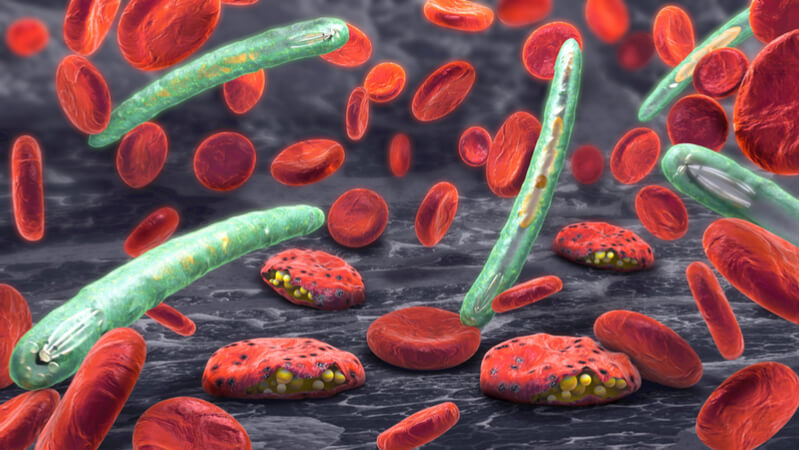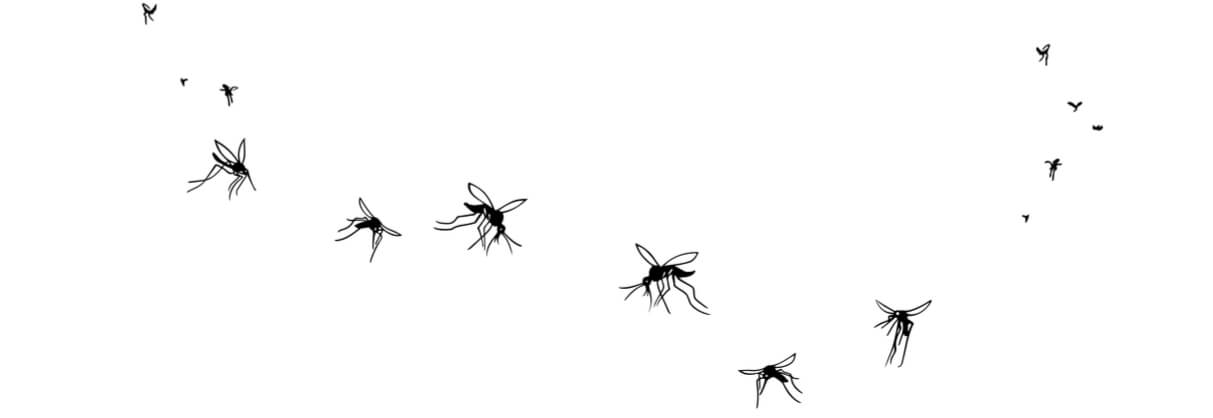Newsletter Signup - Under Article / In Page
"*" indicates required fields
Researchers may have found a way to stop the female mosquitoes from biting you, which could help to prevent the spread of diseases like malaria.
Scientists at the University of Birmingham in the UK and the University of Notre Dame in Paris, along with collaborators in the US, have identified 902 genes specific to blood-feeding mosquitoes and 478 genes in non-blood feeding mosquitoes. The study, published in Proceedings of the National Academy of Sciences, outlines how gene selection helped to identify the genes that make mosquitoes bite us. So far, the research has focused on the Wyeomyia smithii species but the researchers will follow up their findings in more species, hopefully identifying a universal biting gene.
Female mosquitoes feed on our blood so are responsible for spreading disease, while males feed on nectar. The study was carried out in Wyeomyia smithii mosquitoes as they are the only known species that has females that bite for blood as well as non-biting insects. The researchers realized that genes controlling these sorts of lifestyle differences could exist 20 years ago, but had to wait for technology to catch up.
The project looked at over 20,000 genes, which were whittled down to 1,380 by a directional gene selection experimental, which produced an aggressive line of biting mosquitoes and a line of more gentle non-biters. The researchers also looked at known metabolic pathways associated with the implicated genes, generating knowledge that could be exploited by pharma and biotech companies to develop approaches to control mosquito populations.

Next, the researchers will use their technique to investigate other species, including Culex pipiens, Aedes albopictus, and Anopheles gambiae. These mosquito species spread infections like West Nile virus, heartworm, dengue, Zika, and malaria – which kills over 400,000 people each year.
Some biotechs develop antivirals and antibodies but these can only help once the patient has already been infected. Other companies are trying to get ahead of future outbreaks, including Oxitec, which has produced self-limiting mosquitoes to prevent the spread of chikungunya, dengue, and Zika, and Themis, which recently closed a €10M Series C to continue developing its promising vaccines.
It does not take long for an infection to spread and cause devastation, so it pays off to be prepared for future outbreaks. This research is another example of the biotech industry trying to get ahead of the next big tropical disease outbreak. If this technology can be adapted and progressed from the lab to industry, it has the potential to save many lives.
Images – juliawhite / shutterstock.com; Christoph Burgstedt / shutterstock.com
Partnering 2030: FME Industries Report







